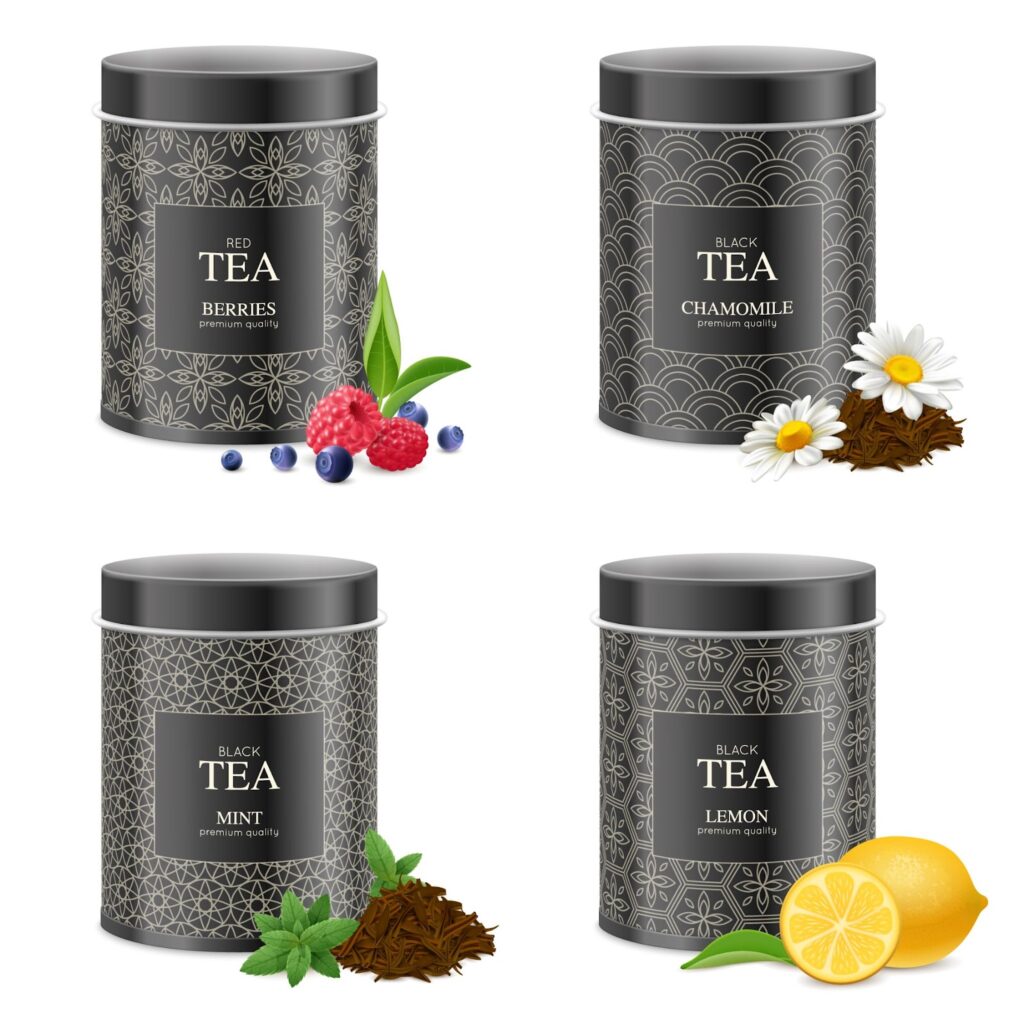Businesses that use silicone molds in their production process have many options when it comes to choosing the right mold for commercial projects. Getting the right custom silicone mold can improve product quality and make production more efficient.
When companies need molds that match unique shapes or products, they often decide to order custom silicone molds tailored to your specifications. Companies can now get molds made from safe materials with custom options for any business or event need.
Verify FDA approval for food-grade silicone if molds are for edible products
When ordering custom silicone molds for food use, it is important to check that the silicone meets FDA standards for safety. Food-grade silicone should be non-toxic, odorless, and clear of harmful chemicals.
FDA-approved silicone means the material can safely touch edible products. This approval helps lower the risk of contamination during use.
Look for visible signs such as FDA approval symbols or certificates. Products that pass these tests typically display this information on their packaging, making it easier to confirm they are safe for food applications.
By paying attention to these details, businesses can help protect their customers and meet food safety rules. Investing a little time to verify approval can help prevent future issues with product quality or health.
Confirm the silicone material quality to guarantee durability and flexibility
Before placing an order for custom silicone molds, check the quality of the silicone used. The grade of silicone affects how flexible and long-lasting the molds will be. High-quality silicone keeps its color, keeps its shape, and does not show white marks or odd smells.
It is also a good idea to inspect the mold’s appearance and test how well it stretches or bends. Quality silicone should return to its old shape without cracking. If the material feels too stiff or easily tears, it might not last very long.
Temperature resistance matters, too. Good silicone can handle both hot and cold without warping or losing strength. Buyers should talk with the supplier about the specific qualities of the silicone before they place a large order.
Check the mold’s maximum temperature tolerance, ideally up to 450°F
Before ordering custom silicone molds, it is important to check the highest temperature the mold can handle. Most food-grade silicone molds are safe for use up to 450°F. This range works for most baking and cooking needs.
Choosing a mold with this temperature limit can help keep products safe during use in ovens or with hot materials. Some molds may have higher or lower limits, so always double-check this detail before buying.
A mold with the right temperature tolerance can last longer and hold its shape over time. Being aware of this information can help avoid problems like melting or damage during repeated use.
Request a sample mold to assess the detail accuracy and surface finish
Before placing a full order, it helps to ask for a sample mold. This allows teams to see how well the mold picks up small details and edges. Fine textures or lettering can look different in photos compared to the real product.
By checking a sample in person, users can find out if the surface is smooth or if there are unwanted marks. This step also shows how the final parts might look and feel when handled.
A sample can also help in catching any problems early. If adjustments are needed, they can be made before a larger batch is produced. This saves time and reduces waste later on.
Understand lead times and minimum order quantities from the manufacturer
Before placing an order for custom silicone molds, it is important to ask about lead times. Lead times refer to how long it will take for the manufacturer to produce and deliver the molds.
Buyers should know that custom items usually have longer lead times than standard products. Planning for this extra time helps avoid production delays.
Another key point to check is the minimum order quantity, often called MOQ. This is the smallest number of molds the manufacturer is willing to make in a single order.
MOQs can vary a lot. Some suppliers may require only a small batch, while others might set higher minimums. Asking about these details early helps businesses budget properly and manage inventory.
Conclusion
Custom silicone molds offer flexibility and strong performance for commercial projects. They handle heat well and return to shape even after being twisted or pressed.
Before placing an order, it helps to know the project’s requirements, budget, and timeline. Checking mold materials, sizes, and shapes upfront makes the ordering process smoother.
For many commercial uses, silicone molds make production easier and more consistent. They can also be shaped to fit unique designs and product ideas.




